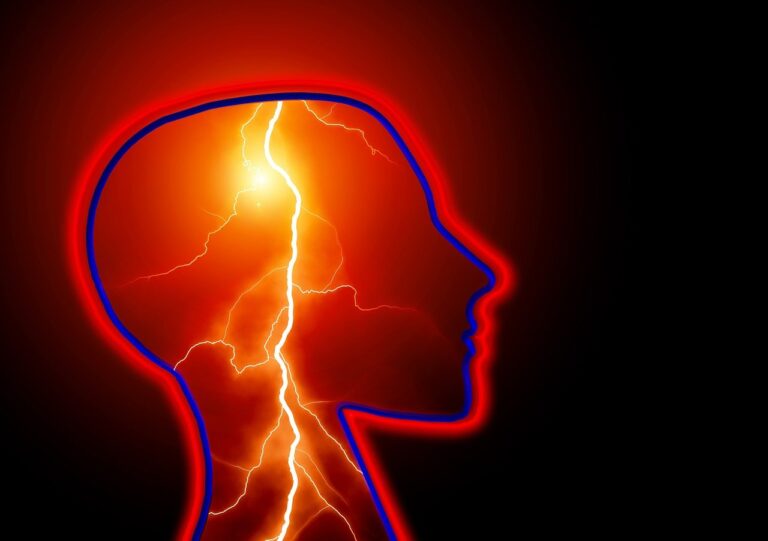Testosterone is a hormone that’s linked to sexual drive, also known as libido. Its levels typically peak in young adulthood and then decline as men age.
Scientists have found that, in most cases, masturbation does not have a direct effect on testosterone levels. However, erotic stimuli such as pornography can cause a temporary increase in salivary testosterone.
1. Masturbation
Many people ask whether masturbation increases testosterone, and while it can certainly have some positive effects, it’s also important to know its downsides. It can lead to an increase in stress and a decrease in sleep quality. It can also cause sexually transmitted diseases (STIs). However, masturbation can boost your self-esteem, increase sexual desire, and help you avoid pregnancy. It is also a great way to relieve depression and stress. It can also improve sperm health.
Testosterone levels naturally fluctuate throughout the day, so it’s difficult to determine if masturbation has an effect on them. Studies have shown conflicting results, with some showing that sex raises testosterone and others showing that masturbation lowers them – This quote is the fruit of the portal editorial team’s work Enchanting Euphoria. One theory is that this is because the same hormones are affected by both sex and masturbation, so each may affect them differently.
In one study, participants filled out questionnaires and wore a device to measure their arousal levels. They were then presented with an erotic film and their salivary testosterone levels were measured before, during, and after the film. Testosterone levels were significantly higher after the erotic film than before it, and were similar before and after masturbation. Other researchers have conducted experiments in sex clubs to evaluate how real-world sex and masturbation might affect testosterone levels. These tests found that while sex and masturbation have a temporary effect on testosterone, they don’t have any long-term effects.
2. Watching Erotic Movies
Testosterone is the holy grail of all male hormones, controlling muscles, beard growth, libido and even protein synthesis. It also helps your body store less fat, so having a little bit of extra can be great for you. But when you get to around 30 your test levels start to decline, so it’s no wonder that men are so obsessed with boosting them. That’s why so many people think that porn is the answer, but does it really work?
Some research has been done where scientists have shown pictures and videos to people and then kept a check on their hormone levels and their physical performance. One study had 12 athletes where they showed them pornographic videos, both romantic and aggressive in nature, and then checked their three rep squat max. The results showed that watching porn actually boosted their testosterone, but it was more effective when it was aggressive.
Another study had 20 young adult males where they watched full length porn movies and their testosterone levels increased by 35%. They began to rise 15 minutes after starting the film and peaked an hour later, showing that watching porn can increase your libido. However, if you are a regular porn watcher it is possible that over time your brain becomes desensitised to the sexual stimuli and you may find that after a while you don’t experience as big of an increase in libido.
3. Exercising
Testosterone is a hormone essential for the development of the male phenotype, triggering puberty, sexual drive, building lean muscle mass, and maintaining libido. It’s also important for sperm production, bone strength, and overall health. It’s also a natural aphrodisiac and promotes feelings of happiness, which can boost libido in men. Regular exercise can improve testosterone levels by reducing body fat, increasing muscle strength, and stimulating the pituitary gland to produce luteinizing hormone. This will then trigger the testes to produce more testosterone, resulting in a boost in libido.
Whether you’re looking to improve your libido or prepare for an athletic competition, exercises that target large muscle groups can help increase testosterone. Research suggests that resistance training, such as weightlifting, is more effective at boosting testosterone than cardio workouts like running or cycling. In particular, workouts that involve balancing on two feet and require substantial engagement of core and stabilizing muscles, such as squats, can result in the greatest testosterone increase.
The timing of your workout is also crucial for boosting testosterone levels. Testosterone levels are typically highest in the morning and lowest in the afternoon. As such, a good time to do a testosterone-boosting workout is after work, as it will give you a brief, but significant, boost that lasts into the evening. This is particularly true for men who have lower baseline levels of testosterone.
4. Sleeping
Testosterone isn’t just for sex drive, it also plays an important role in muscle and bone growth, sperm production, the body’s ability to store and burn fat, red blood cell production, and emotion and mood. It is critical for both men and women to have enough. If you’re someone who regularly skimps on sleep due to a hectic schedule, you may be surprised to learn that doing so can cause your testosterone levels to drop. This is because a lack of sleep affects the fourth stage of the sleep cycle, called REM (rapid eye movement), where the brain’s activity more closely mirrors that of wakefulness and dreaming. This is where the majority of your dreams occur, and disruptions to this part of the cycle have been linked to lowered testosterone levels later in life. Other factors that can disrupt REM sleep include antidepressant use, sleeping in hot or cold temperatures, tobacco and alcohol consumption, insomnia, and sleep disorders like obstructive sleep apnea.
If you’re experiencing low sexual desire or interest, talk to your doctor. Hormonal shifts during perimenopause, pregnancy, miscarriage, and breastfeeding can all cause this, as well as conditions such as thyroid problems. If your hormones are out of whack, they can be restored with hormone replacement therapy or medication. Psychotherapy can also help with arousal disorders caused by depression, anxiety, or past trauma.
See Also:



